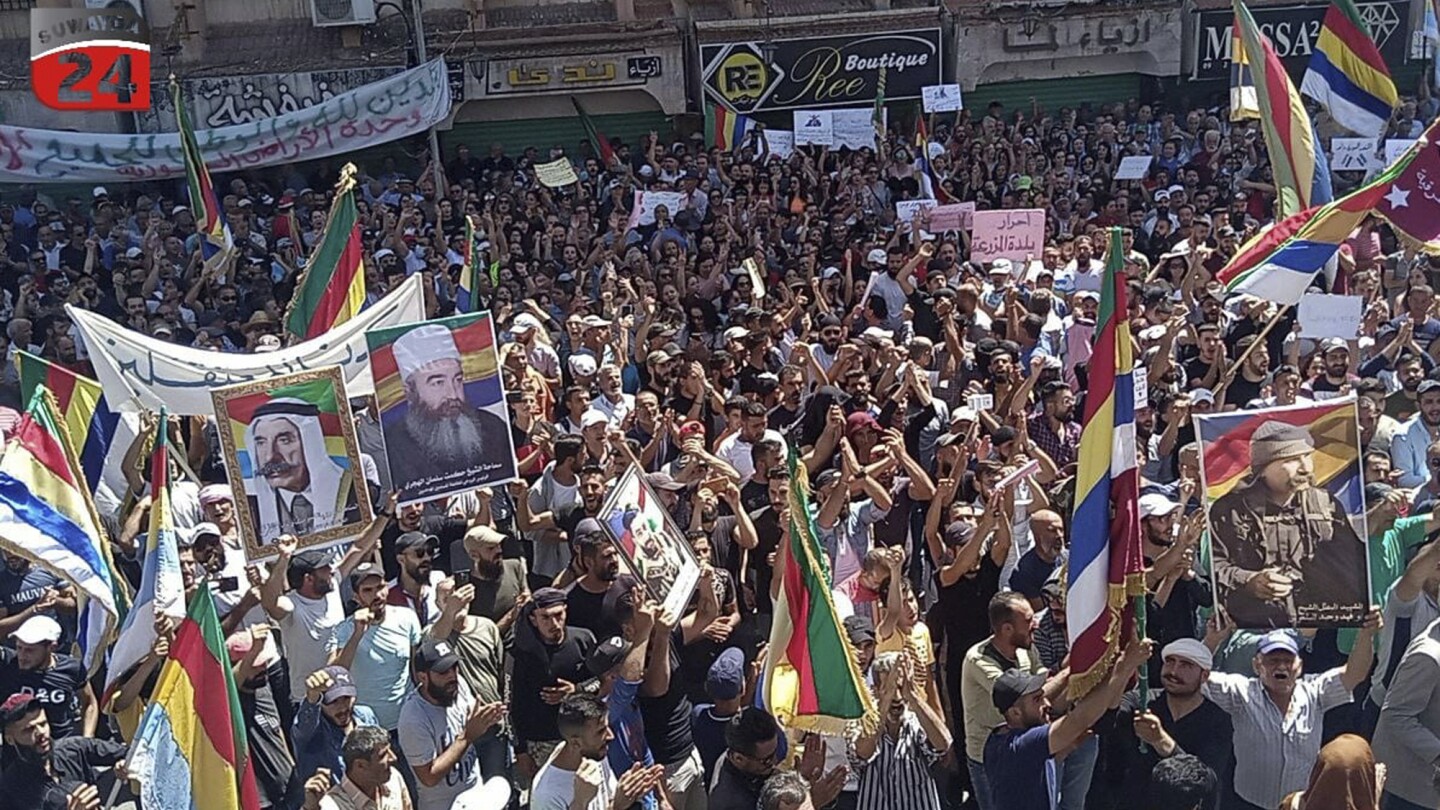BEIRUT (AP) — A U.S.-backed Syrian force declared its operations in eastern Syria completed Friday after almost two weeks of fighting with local tribesmen left dozens of people dead.
The Syrian Democratic Forces said the fighting ended with its recapture of areas in Deir el-Zour province that the Kurdish-led force had lost during the battles triggered by the militia’s arrest of a rival U.S.-backed commander.
The clashes were among the worst in recent years in the region along the border with Iraq where hundreds of U.S. troops have been based since 2015 to help in the fight against the Islamic State group.
Many feared the fighting between the rival Syrian militias that broke out on Aug. 27 would affect the efforts to combat IS. Earlier this week, the SDF took control of the areas it lost during the recent clashes.
The SDF said the fighting left 25 of its fighters dead in addition to 29 members of rival groups and tribal gunmen. It said nine civilians were also killed and accused government forces of helping to incite the violence. The Kurdish-led force said it captured 21 fighters.
Earlier Friday, the SDF said its fighters had detained a senior official with the Islamic State group who was in charge of financing and arming sleeper cells.
Despite the Islamic State group’s defeat in Syria in March 2019, IS sleeper cells still carry out deadly attacks in Syria and in neighboring Iraq. The extremists once controlled wide areas and declared a caliphate in the two countries.
The SDF said its militia members, with the support of the U.S.-led coalition against the Islamic State group and the Counter Terrorism Group in Iraq’s Kurdistan region, apprehended senior IS financier Abdul-Ghafour Taber al-Diab, also known as Abu Amir.
He was detained Thursday in the northern Syrian city of Raqqa, which was once seen as the capital of the extremists, according to the SDF.
“He was responsible for financing the ISIS terrorist cells and their terrorist acts in the region, supplying them with weapons,” the militia said in a terse statement.
In other parts of Syria, hundreds of people took part in anti-government protests in the southern city of Sweida, tearing down pictures of President Bashar Assad from a state institution. The demonstrations were sparked by worsening living conditions and inflation that surged after Assad’s decision last month to double public sector wages and pensions.
The protests in Sweida province, where Druze people represent the majority of the population, are now in their third week. Surging inflation and the war-torn country’s spiraling economy initially drove the demonstrations but quickly shifted to marchers calling for the fall of Assad’s government.
Sweida province has largely avoided the fighting of Syria’s 12-year civil war, which has killed a half-million people, wounded hundreds of thousands and left parts of the country destroyed. The conflict has displaced half of Syria’s prewar population of 23 million, including more than 5 million who are refugees outside the country.
The Druze, followers of a 10th century offshoot of Shiite Islam, made up about 5% of Syria’s prewar population and are split between supporters and opponents of President Bashar Assad.

